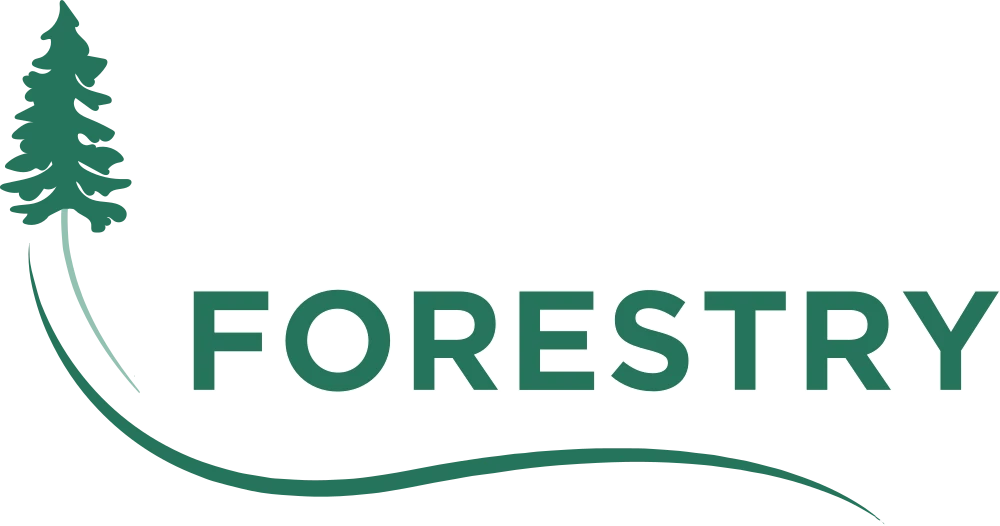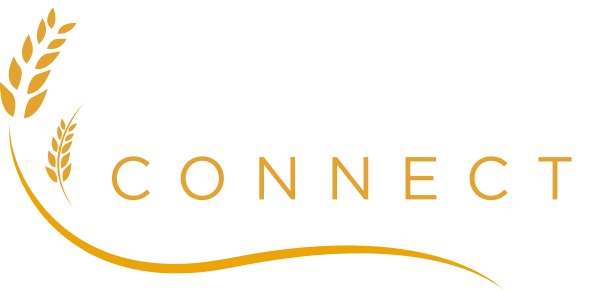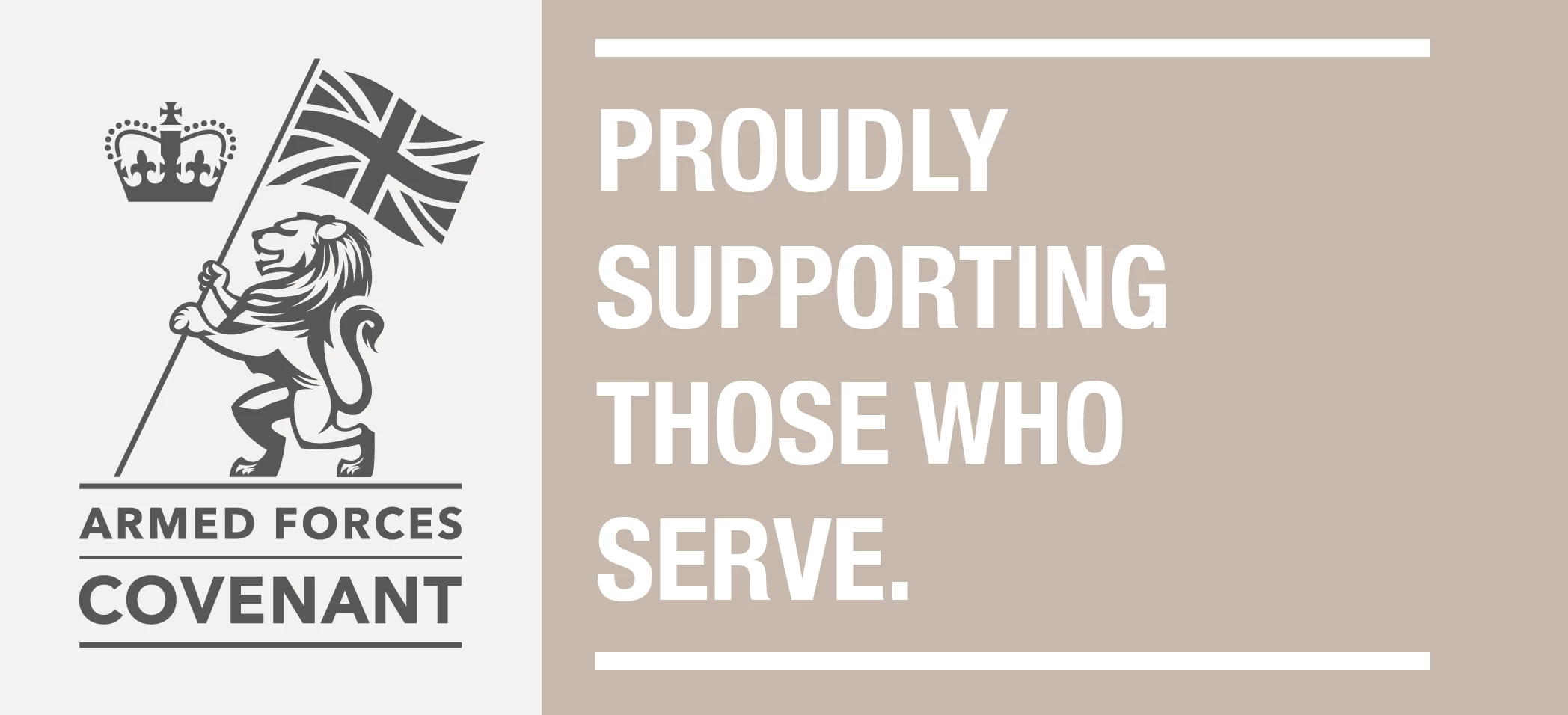Developing your personal brand is an important part of career development but it isn’t a quick fix. Here we explain what is meant by personal brand and how to develop yours.
Whatever stage you’re at in your land-based career, personal branding can help you increase visibility, become known for your area of specialism and progress in the way you want.
Personal brand is linked to reputation but goes beyond that. It involves all the ways you intentionally manage the perception others have of you.
Having a well-established brand means you become the person that others think of in relation to your particular role, subject or specialism. You become easy to find and more likely to be recommended. Personal brand is not just important for the self-employed. Those working in other businesses gain too as do their employers – as long as the personal brand aligns with the company’s brand – as it helps showcase the expertise within the business.
Your brand is about creating your own narrative – sharing who you are and what your passions, interests and expertise are. It is not about trying to be something you’re not or copying someone else.
Where to start?
Personal branding can only be successful if it’s a true reflection of you. So the first step is to ensure you have solid foundations. In other words, don’t talk the talk if you can’t walk the walk! Make sure that you really do offer the full package of skills, experience and personal qualities that you want to portray.
Think about what you are aiming for and what you need to achieve in order to get there. Look through job and person specifications for the roles you aspire to. Identify the common words and themes – are there particular soft skills, qualifications or levels of experience they look for? If there is training you need to complete or experience you need to get prioritise ticking them off the list. Also make a note of the language used in these descriptions as you’ll want your brand to reflect those.
Feedback from others can be a good next step. Ask trusted colleagues, clients or other contacts for their honest thoughts about your strengths and weaknesses and how they and others perceive you. Are there common comments or words that come out of those conversations? How can you use that feedback to develop yourself and your brand?
Consider your values. What is important to you both personally and professionally? What motivates and energises you?
Now, can you come up with a short list of words or a simple sentence to describe your brand? There’s no right or wrong, but it should reflect your values and positive attributes.
Next, who are your stakeholders? That is, who is interested in what you do and who do you want to be interested in you? This will include peers, others working in the same niche or area as you, as well as others in the wider industry as well as the people who influence those people. What are they interested in and where can you find them (in person and online)?
Communicating your brand
How you communicate your brand will depend primarily on who your stakeholders are and where they are. In the digital domain this means showing up on social media and in other online opportunities. For most of us in a work context, LinkedIn is the main social media platform to consider although Twitter/X may also be appropriate and possibly Facebook and Instagram. Blogging can be a useful way to share more in-depth ideas or views, either via a blog site like Substack or your own website (and then shared through social platforms) or simply by posting articles on LinkedIn. Also think about attending webinars on your chosen subjects including getting involved in discussions and linking up with fellow participants on LinkedIn afterwards.
Posting regularly is important, but the quality of your content is what makes the real difference. Everything you put out there should reflect your brand in some way.
Of course, this branding needs to be showcased in the real world too. In-person events are a great opportunity to make connections and share your expertise. How can you express your brand in your approach to in-person meetings?
Cultivating a strong personal brand not only enhances your professional reputation but also opens up new avenues for growth and impact. In an industry driven by innovation your personal brand can point you towards opportunities that align with your values and expertise.
Whether you're a seasoned professional or just starting your career, your brand is a reflection of your passion, knowledge, and commitment. Invest in it, continuously evolve it, and it can be your compass to success.
Talk to us about elevating your personal brand and finding your next role in the agriculture, land and forestry sectors.



